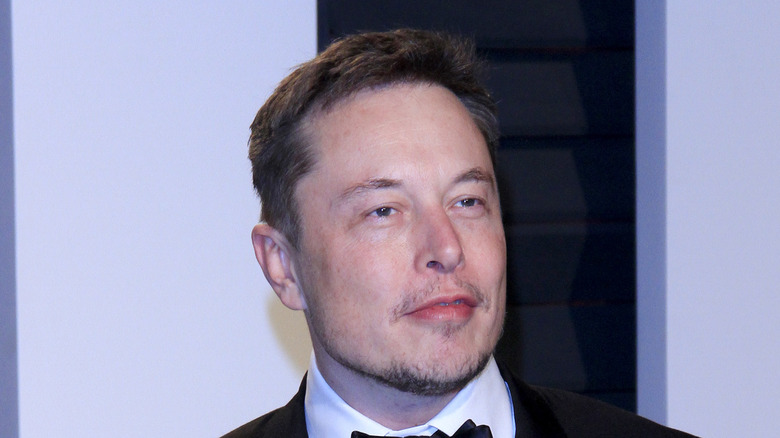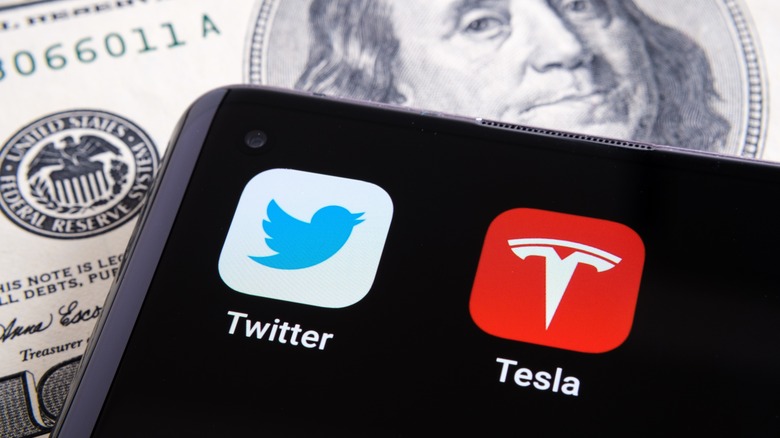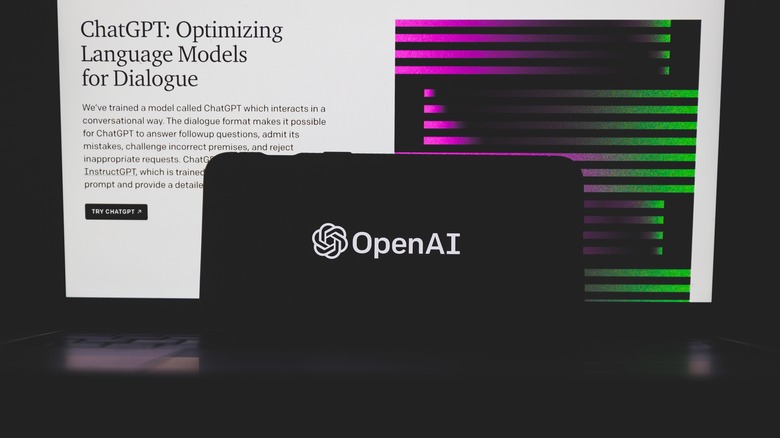Elon Musk Is Reportedly Looking To Build An OpenAI Rival Outside Of Twitter
Tesla chief Elon Musk has founded (or helped found) nearly a dozen companies in his lifetime, and ChatGPT's creator, OpenAI, is one of them. He relinquished his seat on the board in 2018 but is reportedly now looking to build another company along the same lines in a bid to establish his own chatbot based on generative artificial intelligence.
The billionaire recently expressed his concerns about the unprecedented growth of large language models (LLMs) such as ChatGPT, and he signed an open letter calling for a six-month suspension on AI development. Subsequently, his plans to develop his own ChatGPT rival surfaced. The Financial Times report comes just days after Musk's move to buy thousands of high-power NVIDIA GPUs was first revealed.
Despite initial speculation that these GPUs would be used to build a generative AI at Twitter, the publication says these could be for a different AI project altogether.
Tesla's resources, Twitter's data to train the AI
According to sources aware of his plans, Musk is building a high-profile team of AI researchers and engineers for the new startup. He is reportedly hiring top talent from notable AI ventures, such as Alphabet's DeepMind, for the OpenAI rival. The team is said to comprise nearly half a dozen employees other than Igor Babuschkin, a former AI researcher at DeepMind, who Elon Musk recently approached to head the AI's development.
Musk is reportedly also in talks with a few Tesla and SpaceX investors to fund the startup, and all are said to be "excited about it." The report also says Musk could utilize Tesla's enormous computing resources and Twitter's data to train the generative AI model built by the yet-to-be-christened company. Considering Twitter's recent rebranding to X, which seems like another one of Elon Musk's children's names — the startup may or may not be incorporated under the same brand.
Musk's real issue with OpenAI
OpenAI was founded in 2015 as a non-profit with backing from Elon Musk. Three years later, in 2018, Musk announced he would be moving on from OpenAI to focus on Tesla and to avoid a conflict of interest as the carmaker was also intent a heavy AI focus. Despite his departure, Musk pledged a $1 billion backing for the non-profit.
The funds, however, never came through. According to Semafor, Musk had concerns about Google outpacing OpenAI in the AI race and demanded to take the helm — a suggestion other OpenAI co-founders, including Sam Altman, refused to go along with. OpenAI subsequently opened a for-profit branch to fund the research endeavors. In 2019, Microsoft plugged the funding gap with a $1 billion payment for a "multiyear exclusive computing partnership," which now appears to be realized with the tech giant' Bing AI chatbot getting exclusive access to the GPT-4 model.
Meanwhile, the billionaire continued to question OpenAI's legitimacy as a non-profit. Musk even claimed to cut off access to Twitter's internal data that he says was being used to train GPT models without his knowledge.
Musk puts up an amusing display of restlessness by first calling for a six-month ban on AI while working on his own AI company. We witnessed this familiar sight in 2022 when he tried to take over Twitter, withdrew in a couple of days, and bought it out ultimately — a decision he came to regret.


